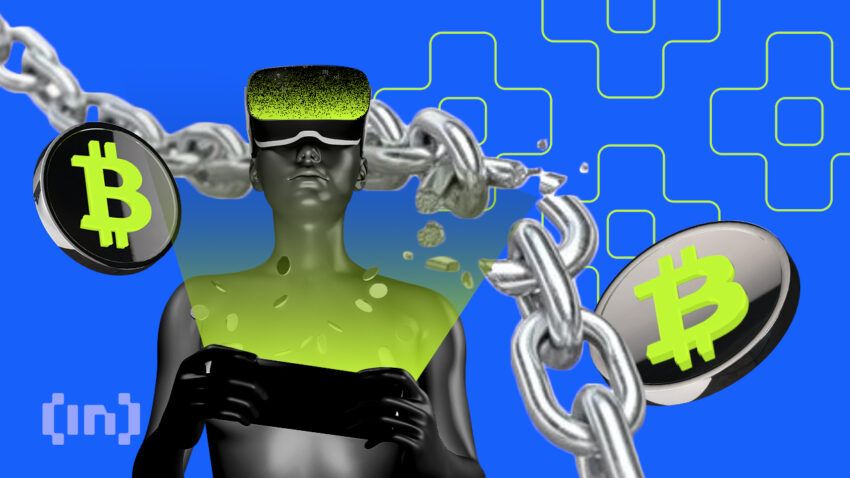Benz Drops Insights
Stay updated with the latest news and trends in the automotive industry.
When Crypto Games Collide: The Quest for Seamless Interoperability
Discover how crypto games are merging and why seamless interoperability is the future of gaming. Join the quest today!
Understanding the Basics of Interoperability in Crypto Games
Interoperability in crypto games refers to the ability for different gaming platforms and ecosystems to work together seamlessly. This concept allows players to transfer assets, characters, and even game mechanics between various titles without losing value or functionality. In the rapidly evolving world of blockchain gaming, achieving interoperability is crucial, as it enhances player engagement and fosters a more interconnected gaming experience. By eliminating barriers between different games, developers can create rich landscapes where players have the freedom to explore and interact with a broader array of assets.
To grasp the fundamentals of interoperability, it's important to understand the technology that supports it. Most crypto games utilize blockchain technology, which enables assets to be tokenized and owned by players. This ownership is facilitated through smart contracts, which are self-executing contracts with the terms of the agreement directly written into code. As a result, players can transfer their in-game items across various platforms, provided that those platforms support the same blockchain standards. This open ecosystem not only increases the value of virtual assets but also encourages innovation among developers striving to create exciting and diverse gaming experiences.

Counter-Strike is a popular tactical first-person shooter that has garnered a massive following since its release. Players can engage in thrilling multiplayer matches, taking on the roles of either terrorists or counter-terrorists. For those looking to enhance their gaming experience, using a bc.game promo code can provide exciting bonuses and rewards.
The Future of Gaming: How Interoperability Will Revolutionize the Crypto Landscape
The future of gaming is poised for a remarkable transformation as interoperability emerges as a key driver in the crypto landscape. Imagine a world where players can seamlessly transfer assets, characters, and achievements across different gaming environments and platforms. This interconnected ecosystem not only enhances player experience but also fosters a sense of ownership and investment in digital assets. As developers embrace blockchain technology, the potential for creating interoperable games becomes limitless, allowing gamers to truly leverage their skills and resources across various titles.
Furthermore, interoperability will pave the way for innovative business models, such as cross-game marketplaces and collaborative gameplay. By integrating smart contracts, game developers can ensure that in-game transactions are secure and transparent, stimulating a crypto economy that benefits both players and creators. As this paradigm shift unfolds, we are likely to witness a surge in crypto adoption within the gaming community, setting the stage for a revolution that redefines how we interact with virtual worlds and empowers us to connect in ways we've never imagined.
Challenges and Solutions: What It Takes to Achieve Seamless Interoperability in Crypto Games
The world of crypto games is rapidly evolving, yet achieving seamless interoperability remains a significant challenge. One of the primary hurdles is the lack of standardization across various blockchain platforms. Different protocols and token standards can create barriers that prevent assets from moving freely between games. Additionally, issues related to user experience, such as complicated wallet setups and transaction delays, can deter players from fully engaging with cross-platform features. As the gaming community demands more interconnected experiences, developers must navigate these complexities to create environments where players can enjoy their assets without restrictions.
To address these challenges, several solutions are emerging that focus on enhancing interoperability in crypto games. Decentralized exchanges (DEXs) and cross-chain bridges are being developed to simplify asset transfers and allow for greater compatibility between different games. Furthermore, the adoption of universal standards like the ERC-721 and ERC-1155 token protocols helps to create a shared foundation for game assets. By investing in these technologies, developers can create a more user-friendly experience that fosters player engagement and expands the reach of crypto games across multiple platforms.